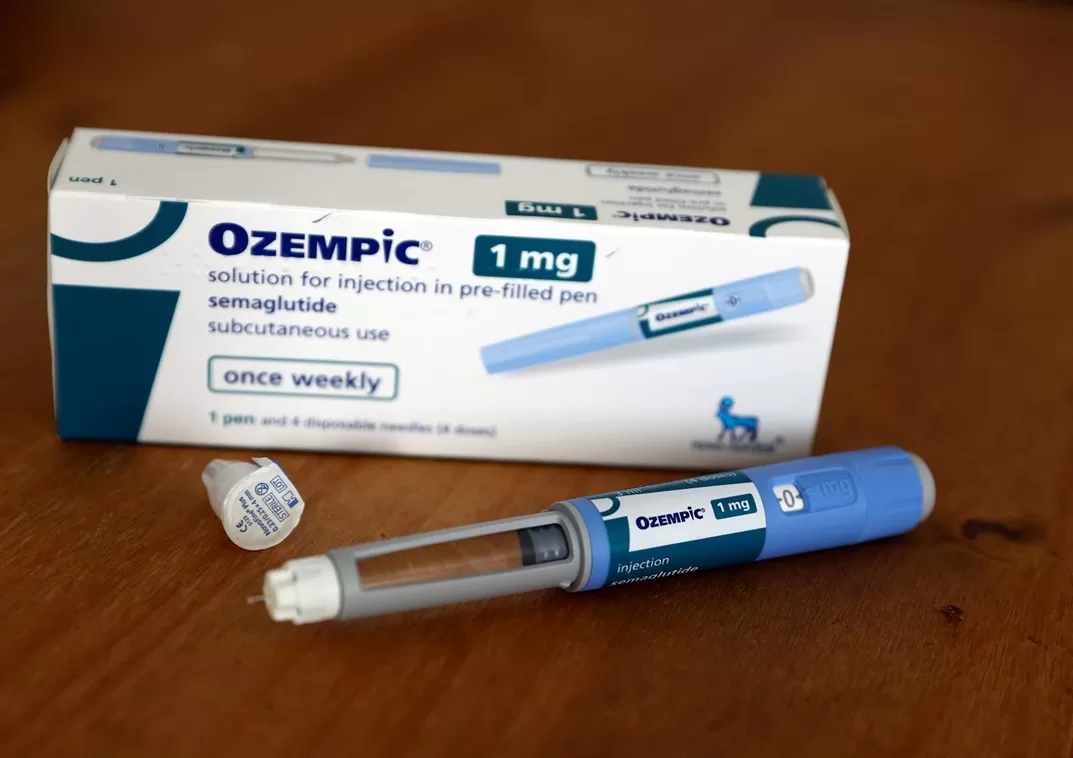Oprah’s Weight Watchers: Navigating the Weight-Loss Landscape with Ozempic

Highlights
- Weight Watchers, now WW International, embraces Ozempic strategy.
- Strategic acquisition of Sequence, a digital health program for weight loss.
- 23% increase in clinical subscribers post-acquisition, surpassing expectations.
- Ozempic’s popularity boosts WW’s shares by 60%.
- Scarcity of Ozempic gives WW a competitive advantage.
- Revenue growth is a challenge; focus on converting subscribers into revenue.
- Oprah Winfrey’s public endorsement adds credibility.
- WW aims to destigmatize pharmaceuticals for weight management.
- Integration of traditional calorie-counting program enhances outcomes.
- Long-term commitment emphasized; potential for regular and returning customers.
In a surprising turn of events, the company formerly recognized as Weight Watchers has not only endured but found a new lease on life in the world of weight loss. The $550 million weight-loss giant, founded in 1963, may seem outdated in an era of cutting-edge fat-shedding treatments like Novo Nordisk’s Ozempic, but it has managed to carve out a unique niche. Celebrity shareholder Oprah Winfrey’s recent revelation about using pharmaceuticals to manage her weight hints at the company’s innovative strategy—building a business around promoting drugs, specifically Ozempic, to rekindle interest in slimming down. Let’s delve into what can be termed as “Ozempic-as-a-platform.”
WW International, as the New York-based company is now known, made a strategic move in March 2023 by acquiring Sequence, a digital health program specializing in weight loss that also facilitates drug prescriptions. Since this acquisition, clinical subscribers at WW have surged by an impressive 23%, surpassing initial expectations. Riding the wave of Ozempic’s popularity has significantly contributed to a remarkable 60% increase in WW’s shares.
However, the real test lies in translating this momentum into tangible revenue. The challenge is breaking free from the conventional pattern of customers eagerly signing up for weight-loss programs only to abandon them, typically within ten months, as reported by analysts.
Sequence, combined with WW’s adept handling of complex insurer approvals, could be the solution. Sima Sistani, WW’s CEO, shared on the latest earnings call that approximately 30% of user requests for prescriptions are successfully filled, a rate above the industry average. Given the scarcity of Ozempic, this positions WW at a considerable advantage.

Oprah’s Weight Watchers: Navigating the Weight-Loss Landscape with Ozempic
Estimates from the London Stock Exchange Group (LSEG) project that by offering customers a more reliable path to the proven anti-obesity treatment, WW’s EBITDA is anticipated to grow by over a quarter in 2024. Despite this optimistic outlook, WW’s forward enterprise value-to-EBITDA ratio stands at 11 times, roughly aligning with its 10-year average. In comparison, Novo Nordisk’s multiple is 31% higher than its decade-long average at 18 times.
The next pivotal step for WW is to demonstrate the value of its additional services. Employers and insurers may be hesitant to cover the costs of expensive drugs, but they could be swayed if individuals can showcase commitment to their treatment plans and exhibit lifestyle changes that eventually lead to reduced dependence on pharmaceuticals. Integrating its traditional calorie-counting program enhances outcomes compared to telehealth alone.
Oprah Winfrey’s public endorsement adds a touch of credibility to WW’s approach. As the 16th largest shareholder, her acknowledgment of using medication to maintain a svelte figure helps destigmatize the use of pharmaceuticals for weight management. Unlike other subscription-based platforms with finite goals, weight management with WW is portrayed as a lifelong commitment. A recent study by U.S.-based university doctors reveals that patients using the medication may not always strictly adhere to the regime, implying a potential for regular and returning customers.
In conclusion, WW International seems poised to navigate the evolving landscape of weight loss, leveraging Ozempic as a central component of its innovative platform. Whether it can effectively monetize its strategy and convince employers and insurers of the value remains to be seen, but with Oprah Winfrey’s influential backing, WW’s journey into pharmaceutical-assisted weight management appears promising.














